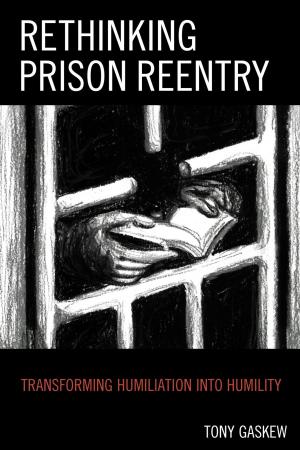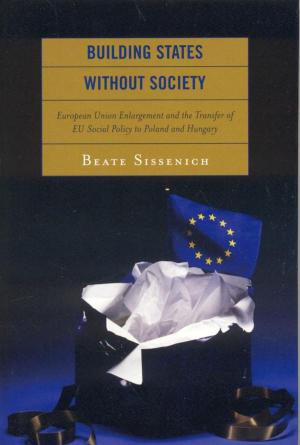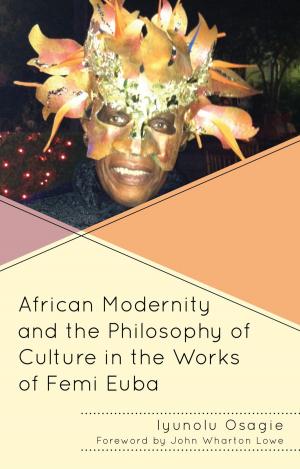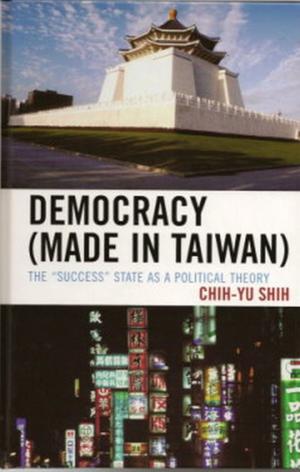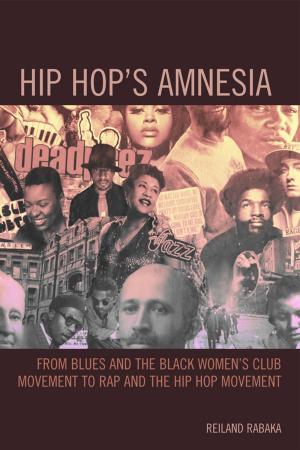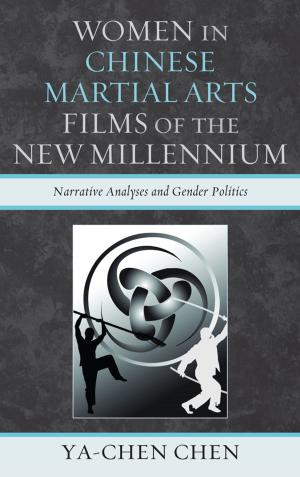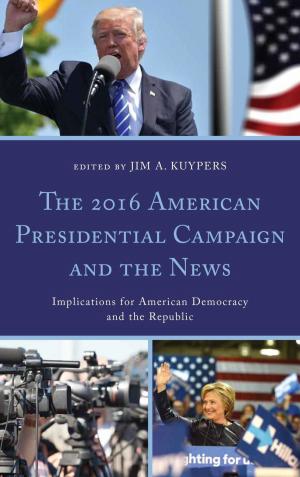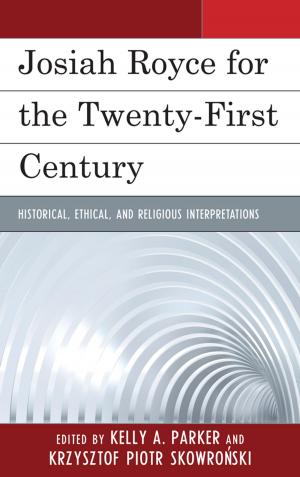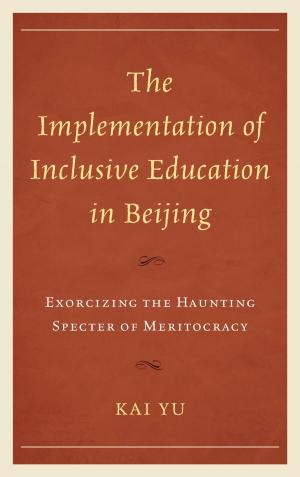Paris and the Marginalized Author
Treachery, Alienation, Queerness, and Exile
Fiction & Literature, Literary Theory & Criticism, French, European, Poetry History & Criticism| Author: | Laila Amine, Dr. Leslie Barnes, Sandra Messinger Cypess, Karl Ashoka Britto, Norrell Edwards, Felix Germain, Aparna Nayak, Valérie K. Orlando, Pamela A. Pears, Denis M. Provencher, Laura Reeck, Alison Rice, T. Denean Sharpley-Whiting | ISBN: | 9781498567046 |
| Publisher: | Lexington Books | Publication: | October 15, 2018 |
| Imprint: | Lexington Books | Language: | English |
| Author: | Laila Amine, Dr. Leslie Barnes, Sandra Messinger Cypess, Karl Ashoka Britto, Norrell Edwards, Felix Germain, Aparna Nayak, Valérie K. Orlando, Pamela A. Pears, Denis M. Provencher, Laura Reeck, Alison Rice, T. Denean Sharpley-Whiting |
| ISBN: | 9781498567046 |
| Publisher: | Lexington Books |
| Publication: | October 15, 2018 |
| Imprint: | Lexington Books |
| Language: | English |
This volume of essays explores what it is that has brought marginalized and often exiled writers, seen as treacherous, alienated, and/or queer by their societies and nations together by way of Paris. Spanning from the inter-war period of the late 1920s to the present millennium, this volume considers many seminal questions that have influenced and continue to shape the realm of exiled writers who have sought refuge in Paris in order to write. Additionally, the volume’s essays seek to define alienation and marginalization as not solely subscribing to any single denominator -- sexual preference, gender, or nationality-- but rather as shared modes of being that allow authors to explore what it is to write from abroad in a place that is foreign yet freed of the constrictions of one’s home space. What makes Paris a particularly fruitful space that has allowed these authors and their writings to cross national, ethnic, racial, religious, and linguistic boundaries for over a century? What is it that brings together writers such as Moroccan Abdellah Taïa, Americans James Baldwin, Richard Wright and, most recently, Ta-Nehisi Coates and Shay Youngblood, Algerian Nabile Farès, Franco-Algerian Leila Sebbar, Canadian Nancy Huston, French Jean Genet and French-Vietnamese Linda Lê? How do their representations and understanding of transgression and marginalization transcend national, linguistic and ethnic boundaries, leading ultimately to revolution, both literary and literal? How does their writing help us to trace the history of Paris as a literary and artistic capital that has been useful for authors’ exploration of the Self, race and home country? These are but a few of the many questions explored in this volume.
This book relies on an inherently intersectional approach, which is not based in reified identities, whether they be LGBT, postcolonial, ethnic, national, or linguistic. Instead, we posit that, for example, queer theory, and a “politics of difference”i can help us investigate the dynamics of these multiple identity positions, and hence provide a broader understanding of the lived experiences of these writers, and, perhaps, their readers from the early 1940s to the present.
This volume of essays explores what it is that has brought marginalized and often exiled writers, seen as treacherous, alienated, and/or queer by their societies and nations together by way of Paris. Spanning from the inter-war period of the late 1920s to the present millennium, this volume considers many seminal questions that have influenced and continue to shape the realm of exiled writers who have sought refuge in Paris in order to write. Additionally, the volume’s essays seek to define alienation and marginalization as not solely subscribing to any single denominator -- sexual preference, gender, or nationality-- but rather as shared modes of being that allow authors to explore what it is to write from abroad in a place that is foreign yet freed of the constrictions of one’s home space. What makes Paris a particularly fruitful space that has allowed these authors and their writings to cross national, ethnic, racial, religious, and linguistic boundaries for over a century? What is it that brings together writers such as Moroccan Abdellah Taïa, Americans James Baldwin, Richard Wright and, most recently, Ta-Nehisi Coates and Shay Youngblood, Algerian Nabile Farès, Franco-Algerian Leila Sebbar, Canadian Nancy Huston, French Jean Genet and French-Vietnamese Linda Lê? How do their representations and understanding of transgression and marginalization transcend national, linguistic and ethnic boundaries, leading ultimately to revolution, both literary and literal? How does their writing help us to trace the history of Paris as a literary and artistic capital that has been useful for authors’ exploration of the Self, race and home country? These are but a few of the many questions explored in this volume.
This book relies on an inherently intersectional approach, which is not based in reified identities, whether they be LGBT, postcolonial, ethnic, national, or linguistic. Instead, we posit that, for example, queer theory, and a “politics of difference”i can help us investigate the dynamics of these multiple identity positions, and hence provide a broader understanding of the lived experiences of these writers, and, perhaps, their readers from the early 1940s to the present.



